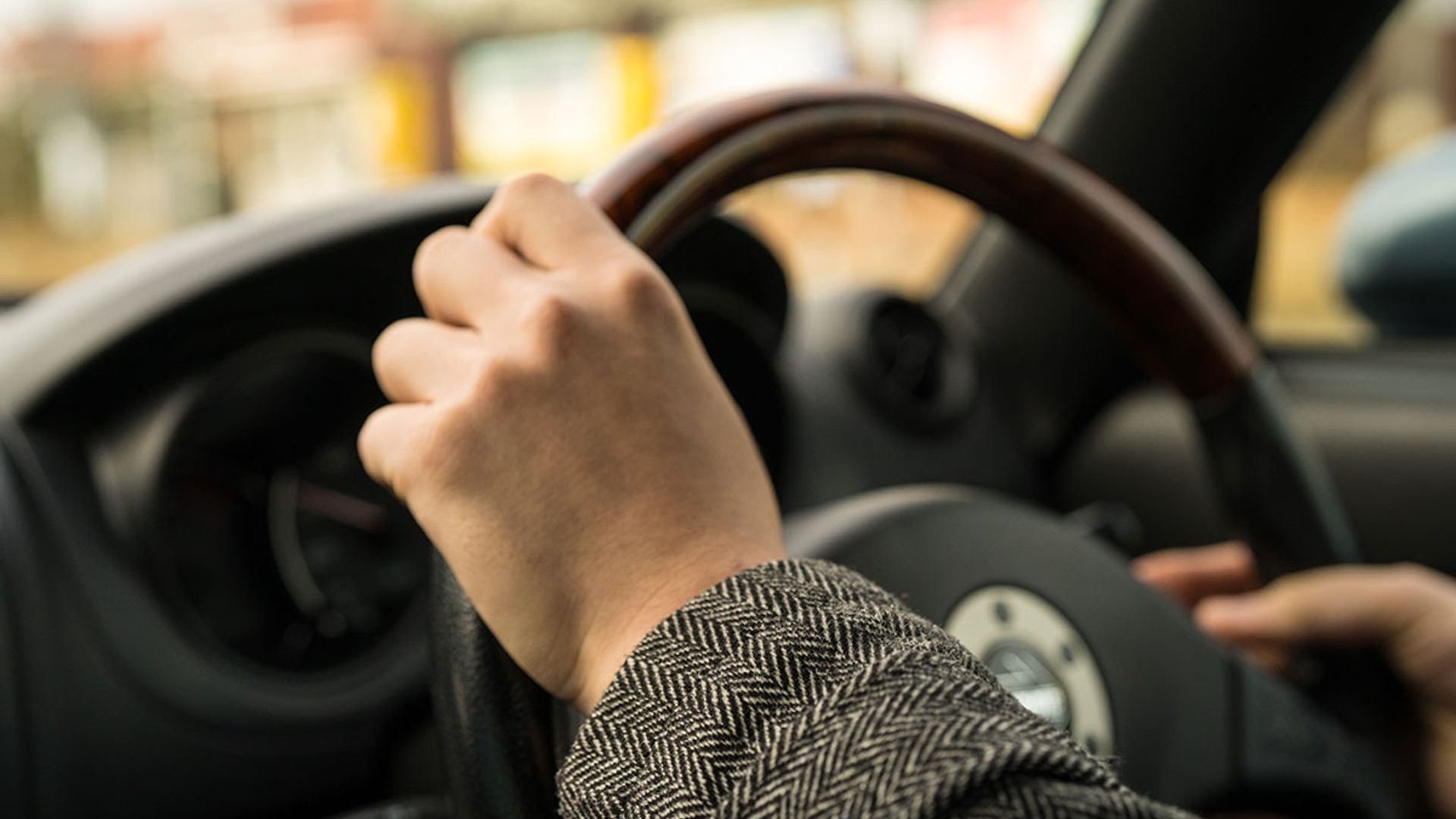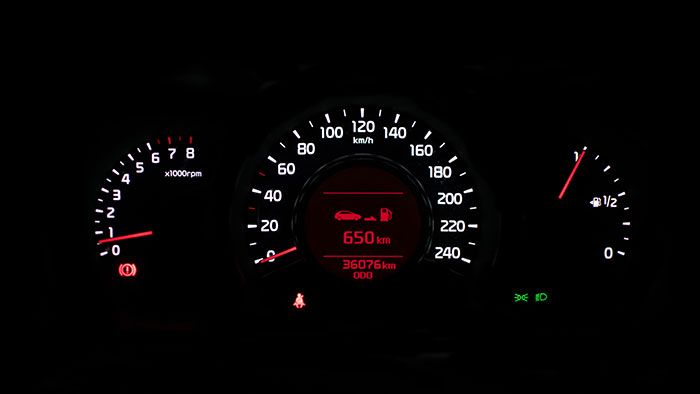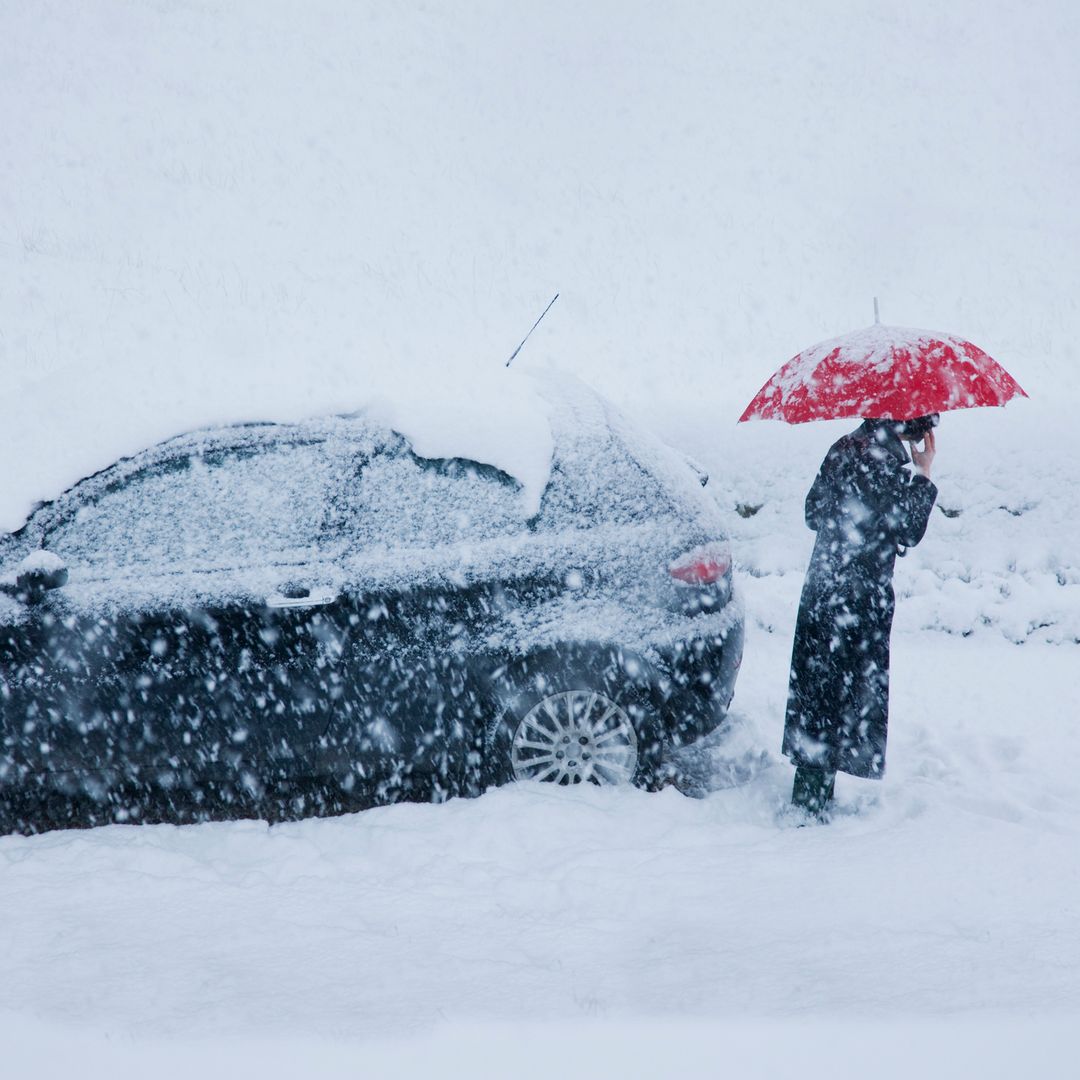With the UK on lockdown and the government urging all Britons to avoid non-essential car journeys, what exactly are the rules around driving during the coronavirus pandemic? And how can you keep your car roadworthy while self-isolating – or if you've been identified as a vulnerable person who needs to stay isolated for 12 weeks? We've got the lowdown on Covid-19 rules for car owners.
Can I still drive my car?
In a word, no, unless it's absolutely necessary. That includes essential food shopping, medical needs or travelling to work if absolutely essential. If you've been identified as a vulnerable person, and received a letter from NHS to stay home for 12 weeks, you should not drive under any circumstances.
SEE: The celebrities who drive eco-friendly cars
Can I top-up my car with petrol?
You can, but it's advised against unless essential. You need to take extra care if you do use a petrol pump – wear disposable gloves, use a hand-sanitiser after filling your car up and pay at pump to avoid contact with others as much as possible. And once home, wash your hands thoroughly with soap.
I'm self-isolating – how do I keep my car in a good, roadworthy condition?
There are a few things you can do to keep your car roadworthy. Mark Barclay, Ecommerce Manager at GSF Car Parts says rust is one of the biggest threats to unused cars. He recommends cleaning, polishing and waxing your car before storing in a garage or under a well-fitted car cover. He also suggests removing the battery so it doesn't go flat, and removing the tyres to stop flat spots from forming. "If you're not comfortable taking out elements of your car, simply switch the engine and let it run for around 15 minutes every week to keep the battery charged up, and make sure your tyres are inflated according to the manufacturer's guidelines."
MORE: Make your loved ones day with a HELLO! subscription - and we've got 50% off!
What about an electric car?
To keep it in a good condition, James Fairclough, CEO of AA Cars and AA Financial Services, suggests: "EVs and hybrid vehicles charge differently to conventional cars. Pressing the start button will operate the charging system. Leaving the car with the ready light on for about 10 minutes once a week should keep the battery topped up. Some electric and plug-in hybrid vehicles can maintain their 12-volt batteries if they're plugged into the mains charger. Check your vehicle handbook for details on this."
Can I take my car for repairs?
Garages have been classified as an essential service, and some are still open for "essential repairs and services." If your car needs urgent repairs, you can take it to a garage but they – and you – must adhere to social distancing rules. Some are offering online booking systems and collection and delivery services to limit the number of people going to their premises and help stop the virus spreading.
If your car is due its MOT on or after 30 March 2020, the MOT expiry date will be extended by six months. However, you still have to keep your car in a roadworthy condition.
Can I drive somewhere to exercise or walk my dog?
Walk your dog locally during the coronavirus crisis
Technically you can, but as unnecessary travel is not advised, it’s best not to. Exercise locally instead.
Can I still take my driving test?
No, unless you're a critical worker. Theory tests have been suspended for a month (up until April 20) and driving tests up to three months. Anyone expecting to take theirs will have the option for a refund or to rebook, but be aware that these suspensions might go on for longer.










